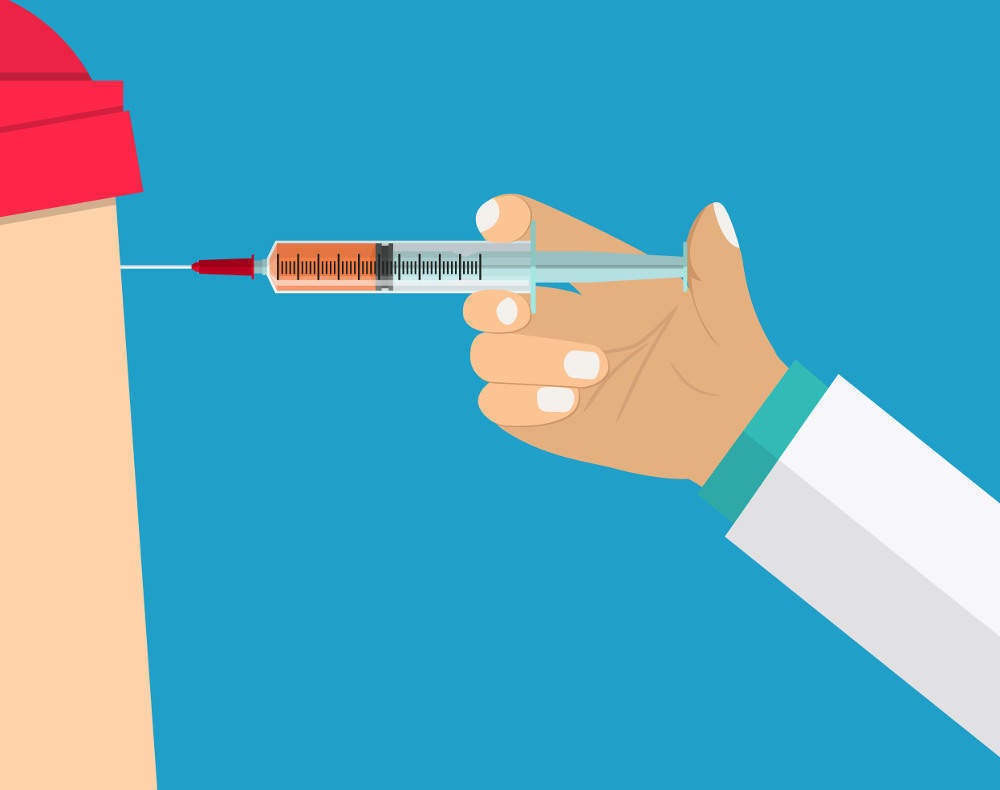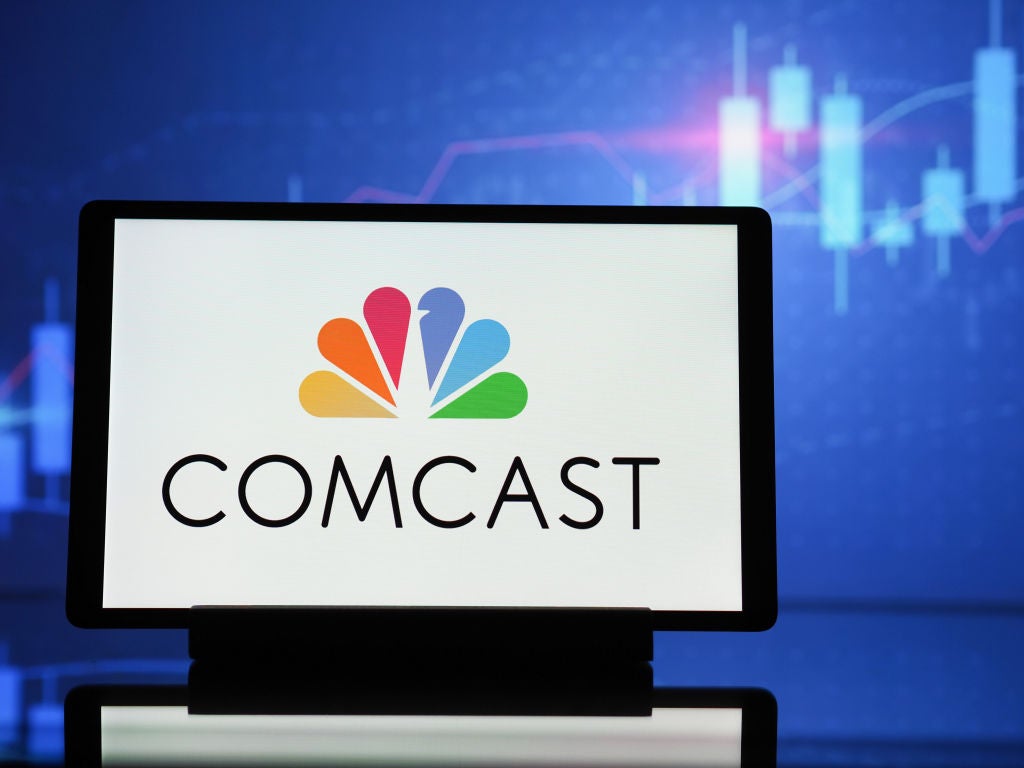
This week is World Immunisation Week, which aims to promote the use of vaccines to protect people of all ages against disease.
With the World Health Organisation naming vaccine hesitancy, the growing movement falsely claiming that vaccines cause other health conditions, as one of the top ten threats to global health, the promotion of vaccines is now more crucial than ever.
Last year the number of measles cases across England tripled, and this has been partially attributed to the use of social media to spread misinformation about vaccines. However, a report from the International Longevity Centre UK has found that technology can also be used to spread a positive message about the importance of vaccines and improve the online presence of doctors and healthcare organisations.
The report, “Data, bots and drones”, looks at the role technology might play in increasing vaccination coverage among adults and older people. It found that technological advances such as big data, gamification and AI could open up opportunities to overcome barriers to vaccination uptake and counter the spread of vaccine hesitancy.
Jane Barratt from the International Federation on Ageing, said:
“Applied technology is undoubtedly a gamer changer in helping to create enabling environments that can support important personal health decisions by people of all ages, and especially older people.
How well do you really know your competitors?
Access the most comprehensive Company Profiles on the market, powered by GlobalData. Save hours of research. Gain competitive edge.
 Company Profile – free sample
Company Profile – free sampleThank you!
Your download email will arrive shortly
Not ready to buy yet? Download a free sample
We are confident about the unique quality of our Company Profiles. However, we want you to make the most beneficial decision for your business, so we offer a free sample that you can download by submitting the below form
By GlobalData“The ILC report highlights important innovations across the world that deserve serious attention in the charge to improve uptake rates of adult vaccination and drive a life course approach to immunisation.”
Using technology to combat vaccine hesitancy
The report, supported by a grant from Sanofi, identifies technologies that already exist and could have a positive impact on vaccine uptake.
Researchers at the University of Queensland are developing a nanopatch with thousands of tiny spikes on its surface, which could be used as an alternative to the needle for delivering vaccination.
In India, a medical student has devised a digital necklace, which stores a wearer’s medical history, including vaccination records.
It also makes several recommendations for how technology could be used moving forward, and calls on policy-makers to create an environment that encourages innovation in this area.
Personalised vaccination recommendations could be incorporated into smart watches, location based alerts could prompt people to get vaccinated if they are in an area with a high rate of a particular disease, and bar-coded information on vaccinations to track and trace who has been vaccinated and linked into medical records.
In terms of engagement, the report also suggests that harnessing the popularity of sites such as Instagram could be effective, and influencers on Instagram could address adult immunisation and encourage younger generations.
Avoiding digital exclusion
However, with vaccination especially important for the health of older people, tackling digital exclusion is key to maximising the potential of technology to improve vaccine awareness and uptake.
The report highlights a programme run by US-based healthcare transport company Circulation that leverages ride-sharing services such as Uber and Lyft to take patients to healthcare appointments, improving access to vaccines for those with limited mobility.
David Sinclair, Director of ILC believes that technology can help increase uptake and reduce vaccine hesitancy:
“It’s important that we continue to protect ourselves from infectious diseases like the flu throughout our lives and into old age.
“But in the same way as vaccination is not just for kids, nor is technology. Our research reveals there are lots of ways in which technology can help break down the barriers to uptake of adult vaccination. There are some great ideas out there.
“But in the context of retirement and old age, we have to make sure that any technology introduced is useable and accessible. We need to ensure that digital exclusion is no barrier to older people benefitting from innovations in health and technology”.






